S5 | 427: Creating engaged teams with Kelsey Bishop, Founder at Candor
About the Episode
Today we’re going to talk about how to create engaged teams by creating a culture of self-awareness and continuous learning and improvement.
To help me discuss this topic, I’d like to welcome Kelsey Bishop, Founder at Candor.
About Kelsey Bishop
She started her career as an employee in early stage startups. She has worked on teams that felt like magic and has worked on teams where that wasn't the case. She feels so lucky to work on a product that helps people understand themselves and their teammates, so that they can make work their happy place.
Resources
Candor website: https://www.joincandor.com/
The Agile Brand podcast website: https://www.gregkihlstrom.com/theagilebrandpodcast
Sign up for The Agile Brand newsletter here: https://www.gregkihlstrom.com
Get the latest news and updates on LinkedIn here: https://www.linkedin.com/company/the-agile-brand/
For consulting on marketing technology, customer experience, and more visit GK5A: https://www.gk5a.com The Agile Brand podcast is brought to you by TEKsystems.Learn more here: https://www.teksystems.com/versionnextnow
The Agile Brand is produced by Missing Link—a Latina-owned strategy-driven, creatively fueled production co-op. From ideation to creation, they craft human connections through intelligent, engaging and informative content. https://www.missinglink.company
Synopsis
According to the podcast episode, self-awareness is crucial for both leaders and teams to improve and create a cohesive culture. The host and guest emphasize the importance of self-awareness in leadership and its impact on team performance. The guest shares their personal experience of seeing a coach for several years, which has greatly contributed to their leadership journey and team performance. They attribute their growth to being aware of how they show up to work every day and the unintentional culture they create. The guest also highlights the significance of recognizing one's own weaknesses and areas for improvement, and how having a supportive team can aid in this growth journey.
The episode also emphasizes the benefits of self-awareness for teams as a whole. When individuals take responsibility for their own growth and development, it reduces the burden on managers in terms of coaching and performance management. It becomes a collective effort, with everyone working together to improve. The episode also stresses the importance of fostering a feedback culture and gaining a comprehensive understanding of oneself within the team.
Overall, the episode underscores that self-awareness is key for high-performance individuals and can provide them with a competitive advantage. It helps individuals identify their weaknesses, create a growth plan, and seek support from their team. For leaders, self-awareness plays a significant role in how they influence the team and create a cohesive culture. The episode recommends engaging in coaching, 360 reviews, and utilizing tools like Candor profiles to cultivate self-awareness.
In the episode, the guest speaker emphasizes the importance of self-awareness in leadership and team dynamics. They suggest that coaching and tools like Candor profiles can be helpful in developing self-awareness. The speaker recommends participating in coaching sessions and utilizing tools like 360 reviews with a coach to enhance self-awareness. They also mention that using a Candor profile can be beneficial for leaders who prioritize self-awareness. By engaging in these practices, leaders can gain a better understanding of their strengths and weaknesses, as well as how their actions and behaviors impact the team. This self-awareness can lead to improved leadership skills and a more cohesive and productive team environment.
Creating a culture of self-awareness and continuous learning is crucial for fostering engaged teams and personal growth. When individuals have a deep understanding of themselves, including their strengths and weaknesses, they are better equipped to identify areas for improvement and take ownership of their personal growth journey. This self-awareness allows them to set growth goals and develop a plan to achieve them.
In a culture of self-awareness, individuals are not solely reliant on their managers for feedback and improvement. Instead, everyone on the team actively works together to support each other's growth. This reduces the burden on managers to spend excessive time coaching and managing performance, as individuals take accountability for their own growth path.
The benefits of self-awareness extend beyond individual growth. When team members have a clear understanding of how they are perceived by their teammates, it fosters better collaboration and communication. This 360-degree view of oneself within a team allows for more effective teamwork and the ability to leverage each other's strengths.
For growth-oriented high-performance individuals, self-awareness provides a competitive advantage. It helps them identify their weaknesses and areas for improvement, enabling them to continuously develop and enhance their skills. A supportive team that values growth and is willing to provide assistance and feedback further enhances an individual's ability to achieve their goals.
Overall, creating a culture of self-awareness and continuous learning not only benefits individuals but also leads to engaged teams. When everyone on the team is committed to personal growth and improvement, it creates a positive and collaborative environment where ideas are shared, executed effectively, and teams work well together.
Kelsey Bishop, Founder, Candor


